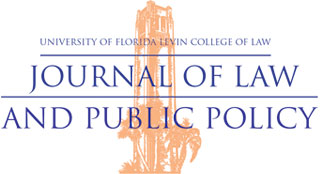
Abstract
Avoidance is a major theme in tax law jurisprudence. Congress, the Treasury, and the courts have developed numerous doctrines to deny beneficial treatment when the taxpayer’s principal purpose or presumed principal purpose was the avoidance of taxation. Each attempt to shut down tax avoidance then becomes the opening salvo in the next round of engagement as tax planners devise means of circumventing the restrictions and new rules are developed to counter the latest avoidance maneuvers. The thesis of this Article is that the incessant war on tax avoidance has prevented both academics and policymakers from appreciating the gifts that tax avoidance has to offer. It argues that a necessary precondition for tax avoidance is the disparate treatment of parallel courses of action, and that such disparate treatment constitutes a flaw or a fissure in its own right (even without regard to its enabling avoidance): it is always horizontally inequitable, it is often vertically inequitable, and it is usually distortionary. By reverse engineering tax avoidance schemes, we can uncover fissures of which we may not have been unaware. Even if we were aware of the fissures, we might discover that we were not fully cognizant of all its consequences. In either instance, procuring the information provided by tax avoidance is an invaluable first step to remedying the incongruity. If the tax community’s collective response to tax avoidance were reasoned self-reflection rather than visceral condemnation, the value that it could extract from tax avoidance would be immeasurable. Current practice is to leave the underlying fissures intact and to focus all of our attention on preventing taxpayers from exploiting the opportunities that those fissures present. However, doing so squanders the gift that tax avoidance can provide: a roadmap to a more equitable, efficient, and coherent tax system.
Recommended Citation
Elkins, David
(2024)
"Embracing Tax Avoidance,"
University of Florida Journal of Law & Public Policy: Vol. 34:
Iss.
3, Article 1.
Available at:
https://scholarship.law.ufl.edu/jlpp/vol34/iss3/1